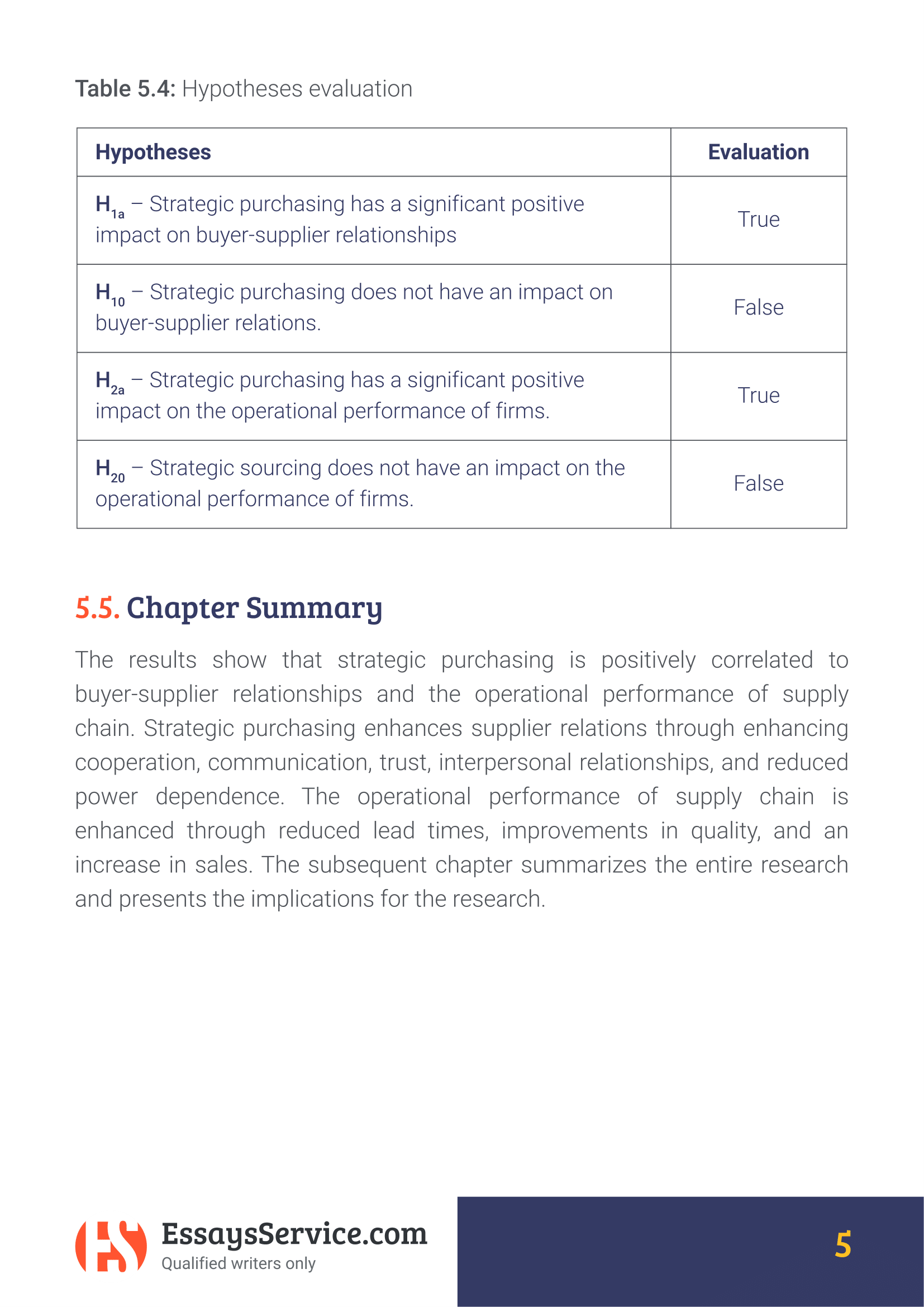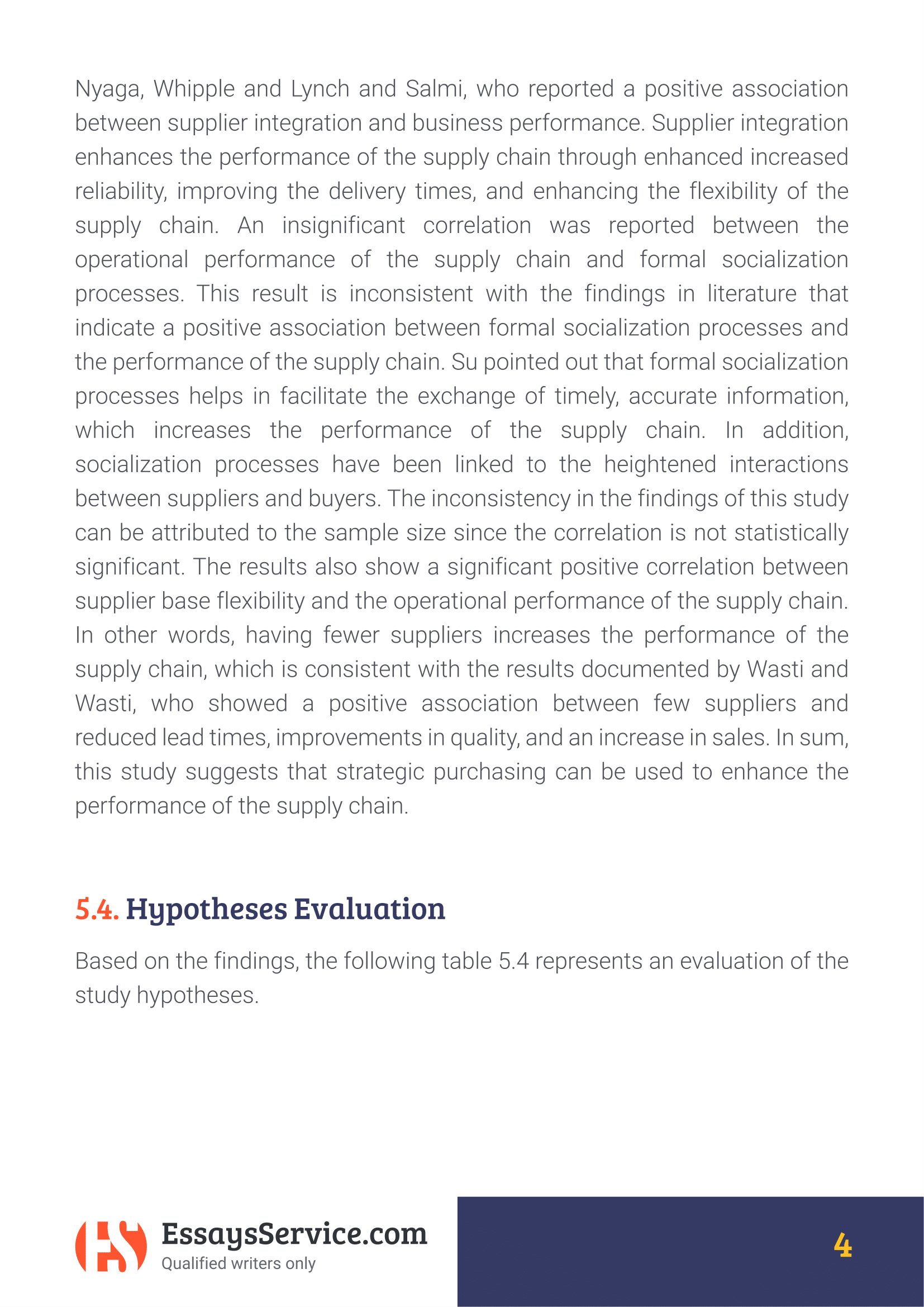
Apr 07, · In this article, we are going to discuss dissertation chapter 3, as many students consider it to be the most challenging section to write and for a good reason.. It’s the core of any thesis or dissertation. If you make a mistake in selecting or explaining your research methods, it can make your findings invalid Writing a dissertation requires a student to think deeply, to organize technical discussion, to muster arguments that will convince other scientists, and to follow rules for rigorous, formal presentation of the arguments and discussion. A Rule Of Thumb: Good writing is #1 – The Opening Section. The very first essential ingredient for your dissertation introduction is, well, an introduction or opening section. Just like every other chapter, your introduction chapter needs to start by providing a brief overview of what you’ll be covering in the chapter.. This section needs to engage the reader with clear, concise language that can be easily understood and
How to Write Your Dissertation Chapter 3: Methodology
In this article, we are going to discuss dissertation chapter 3as many students consider it to be the most challenging section to write and for a good reason.
If you make a mistake in selecting or explaining your research methods, it can make your findings invalid. The body of the dissertation is divided into different chapters and sections. The standard dissertation structure may vary from discipline to discipline, but it typically includes sections like:. We will provide you with a concise and in-depth overview of chapter 3 methodology to help you get started.
Chapter 3 dissertation outlines specific methods chosen by a writer to research a problem. You need to explain what techniques were used for data collection and provide an analysis of results to answer your research question. Besides, you need to explain the chosen methods and justify them, describe the research setting, and give a detailed explanation of how you applied those methods in your study. Below is the basic outline you can use as a template how to write a dissertation discussion chapter writing dissertation methodology section.
Looking for AP Government chapter 3 outline which provides a college-level introduction to the structure and function of the US government and politics? There are loads of different techniques and procedures you can choose to investigate a particular research problem. If you select an unreliable how to write a dissertation discussion chapter, it will produce inaccurate results during the interpretation of your findings.
There are two groups of primary data collection methods: qualitative and quantitative. They are strongly connected with emotions, words, feelings, sounds. Qualitative study ensures in-depth investigation and a greater level of problem understanding. The qualitative investigation includes interviews, case studies, role-playing, games, observations, focus groups, and questionnaires with open-ended questions, how to write a dissertation discussion chapter.
Quantitative techniques for data collection and analysis are based on mathematical calculations in a variety of forms and statistics.
They include methods of correlation and regression, questionnaires with close-ended questions, median, mode, and mean and procedures. These procedures are cheaper to apply than qualitative ones.
They require less time for implementation. They are highly standardized and, as a result, scientists can easily compare findings. Wondering which approach to choose to cover your investigation how to write a dissertation discussion chapter It depends on the research area and specific objectives.
In chapter 3 thesis, which is written in the same way as methodology part of a dissertation, how to write a dissertation discussion chapter, you discuss how you performed the study in great detail. It usually includes the same elements and has a similar structure. You can use the outline example of this section for a dissertation but you should take into account that its structure should illustrate the research approach and design of your specific study.
As you see, dissertation chapter 3 is a very significant part of the lengthy academic paper students write to get their degrees. It should be written like a recipe so that anyone could adopt your techniques and replicate your investigation. It requires strong analytical and critical thinking skills, dedication, and many hours of reading and writing. We hope that this quick guide will help you create an impressive methodology section of your final academic project, how to write a dissertation discussion chapter.
Not feeling like writing your dissertation chapter 3? How about handing it to a pro? Come on, our writers strive to help you out! Home Blog How to Write Your Dissertation Chapter 3? How to Write Your Dissertation Chapter 3? Jason Burrey. Table of Contents. Hire a Writer. Post author. Jason Burrey Have you ever worked with Jason Burrey? It Is Not Difficult — Apa Style for Dummies Read More.
Steps to follow when writing essays on advertising Read More. Writing a Speech About Yourself Read More.
Writing a discussion for a research paper or thesis
, time: 11:5612 Steps to Write an Effective Discussion Chapter - Dissertation Genius

Writing a dissertation requires a student to think deeply, to organize technical discussion, to muster arguments that will convince other scientists, and to follow rules for rigorous, formal presentation of the arguments and discussion. A Rule Of Thumb: Good writing is Aug 12, · Dissertation discussion is the chapter where you explore the relevance, significance and meanings of your findings – allowing you to showcase your talents in describing and analyzing the results of your study. Here you will be expected to demonstrate how your research findings answer the research questions established or test the hypothesis stated Mar 21, · How to write a discussion section. Published on March 21, by Shona McCombes. Revised on October 13, The discussion chapter is where you delve into the meaning, importance and relevance of your blogger.com should focus on explaining and evaluating what you found, showing how it relates to your literature review and research questions, and
No comments:
Post a Comment